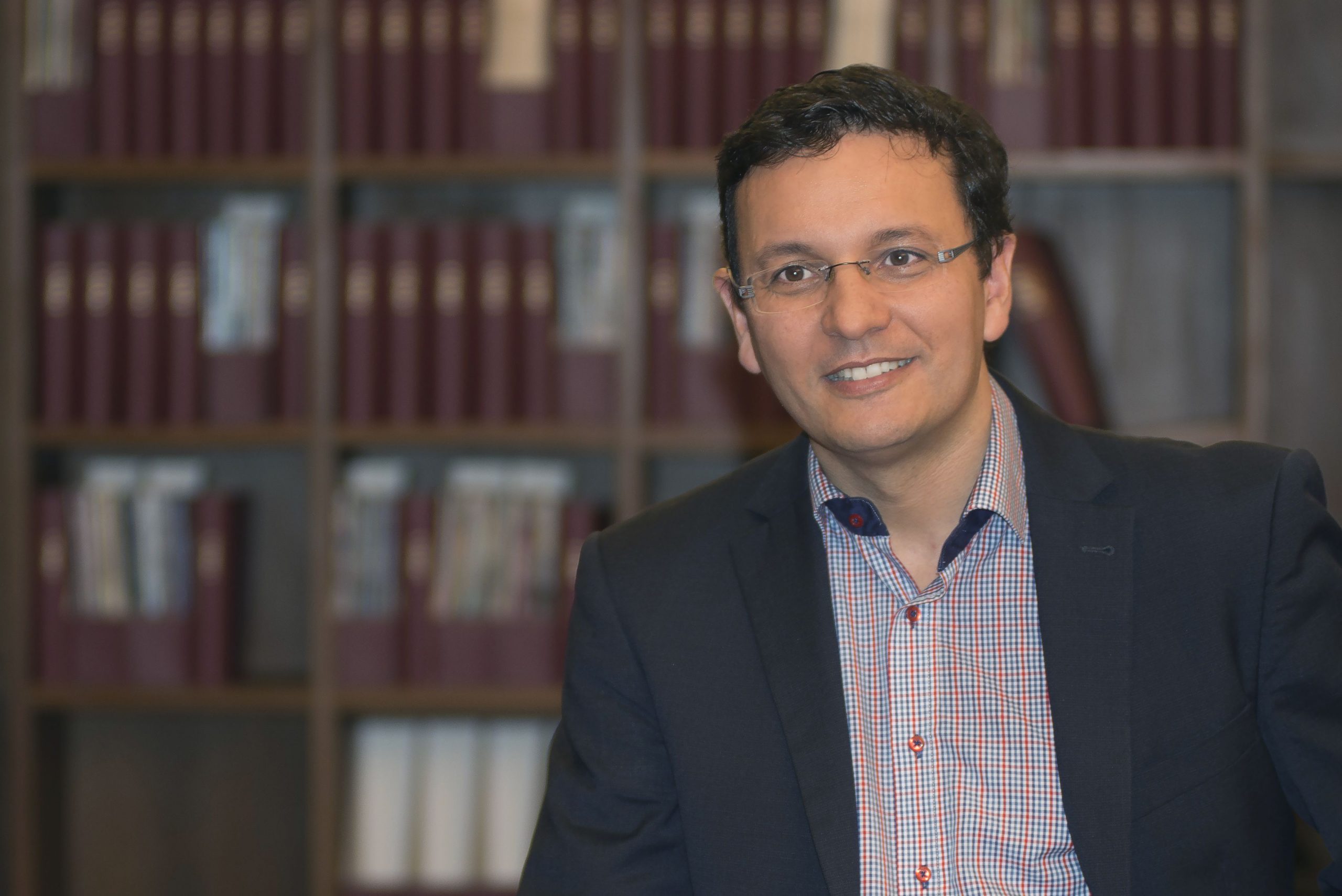Starting from scratch – HITS group leader Vincent Heuveline nominated as one of 108 “Heidelberg Heroes”

Our notion of a hero is usually a person who is admired for having done something brave or having achieved something great. To set up remote working, meeting and teaching solutions for more than 40,000 students and employees of Heidelberg University at an unprecedented pace definitely falls into that category. Reason enough for the founders of the initiative „Heidelberger Helden“ to nominate Professor Vincent Heuveline as one of 108 Heidelberg citizens, who have achieved something special during the ongoing pandemic.
In mid-March, Heuveline, who as Chief Information Officer (CIO) also leads the University’s computing centre (URZ) and an associated research group at HITS, was suddenly confronted with an extraordinary situation: a large number of digital services, such as video conferencing systems or messenger services, had to be developed in no time at all before the beginning of the summer semester. In addition, solutions for remote working had to be found which comply with data protection standards.
Heuveline and his 120-strong team at the URZ rolled up their sleeves and developed everything more or less from scratch. For several months they worked around the clock and achieved the ‚almost impossible‘: In time for the summer semester they provided a technical infrastructure, which can be regarded as a milestone. And although life at the URZ has returned to some sort of normalcy in the meantime, the team is still working hard on developing new technical solutions for virtual conferences and events. For the coronavirus has turned life upside down – not only at the university.
About HITS
HITS, the Heidelberg Institute for Theoretical Studies, was established in 2010 by physicist and SAP co-founder Klaus Tschira (1940-2015) and the Klaus Tschira Foundation as a private, non-profit research institute. HITS conducts basic research in the natural, mathematical, and computer sciences. Major research directions include complex simulations across scales, making sense of data, and enabling science via computational research. Application areas range from molecular biology to astrophysics. An essential characteristic of the Institute is interdisciplinarity, implemented in numerous cross-group and cross-disciplinary projects. The base funding of HITS is provided by the Klaus Tschira Foundation.